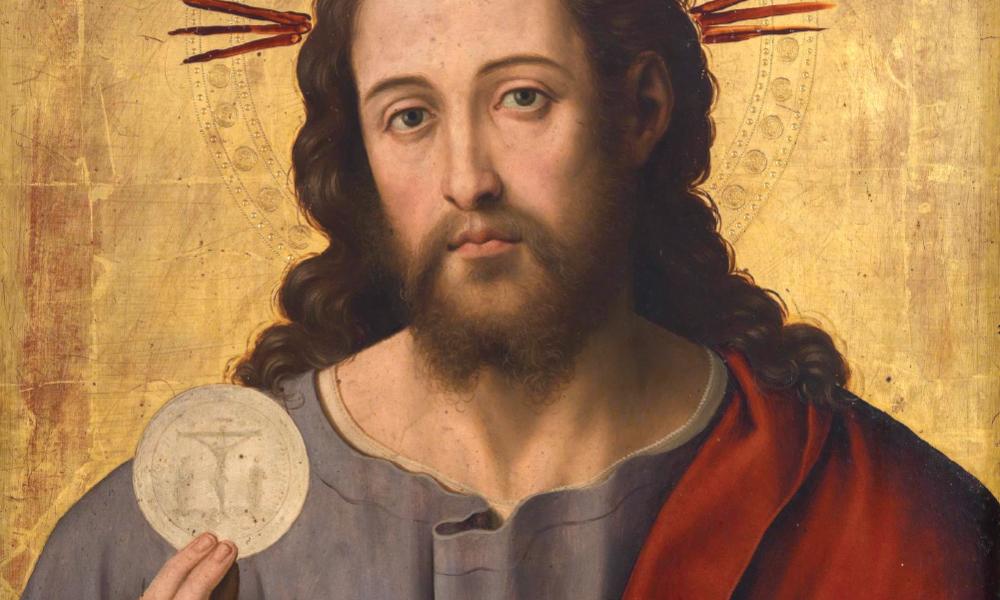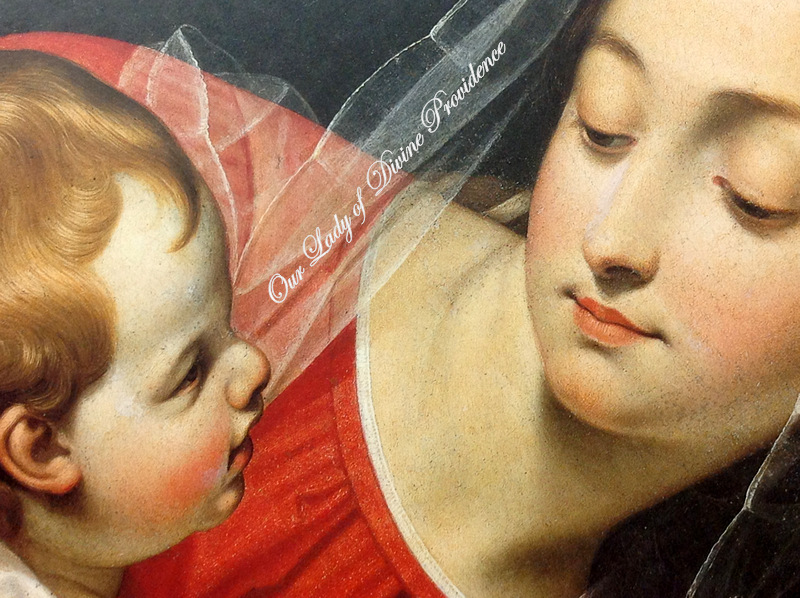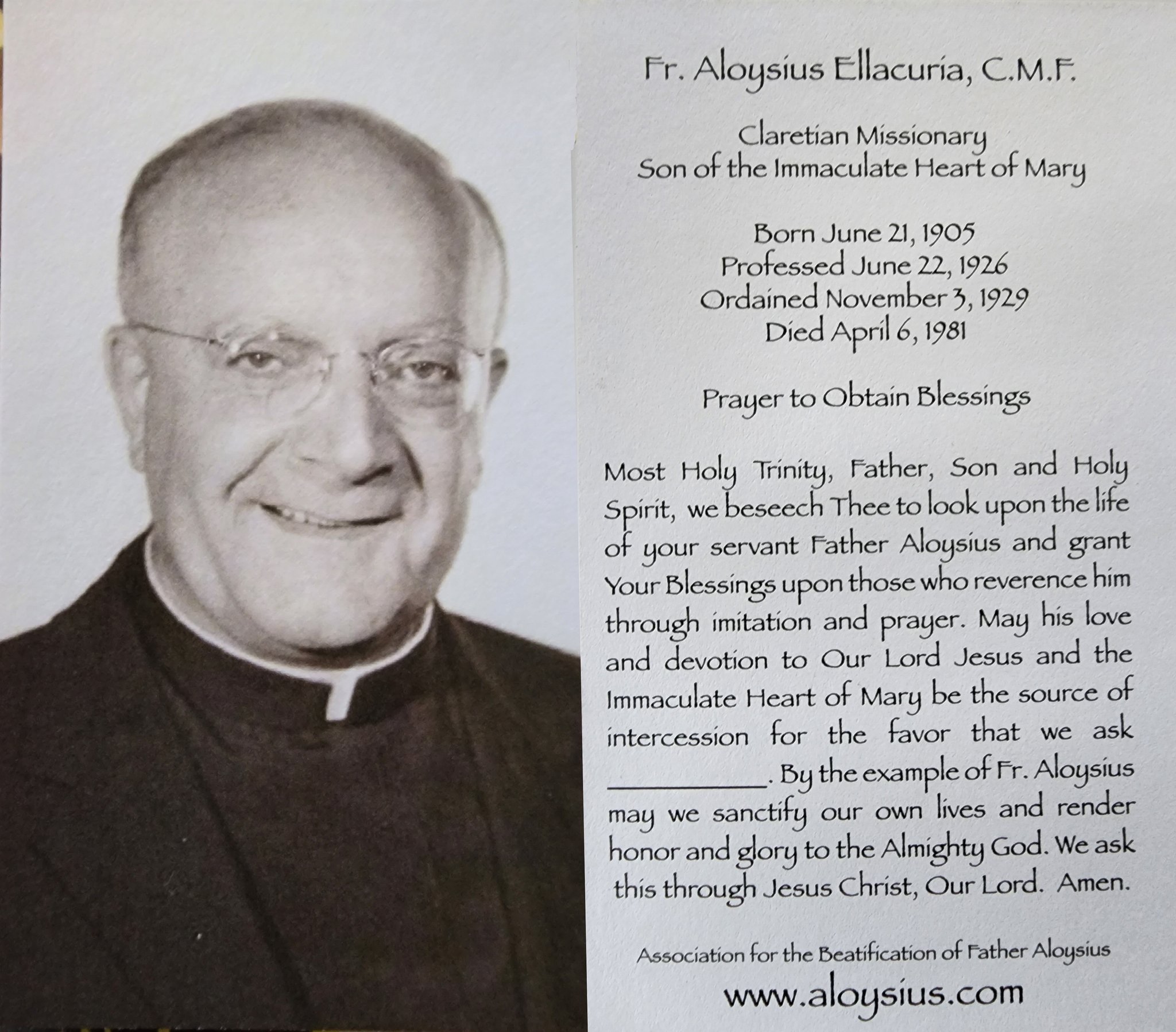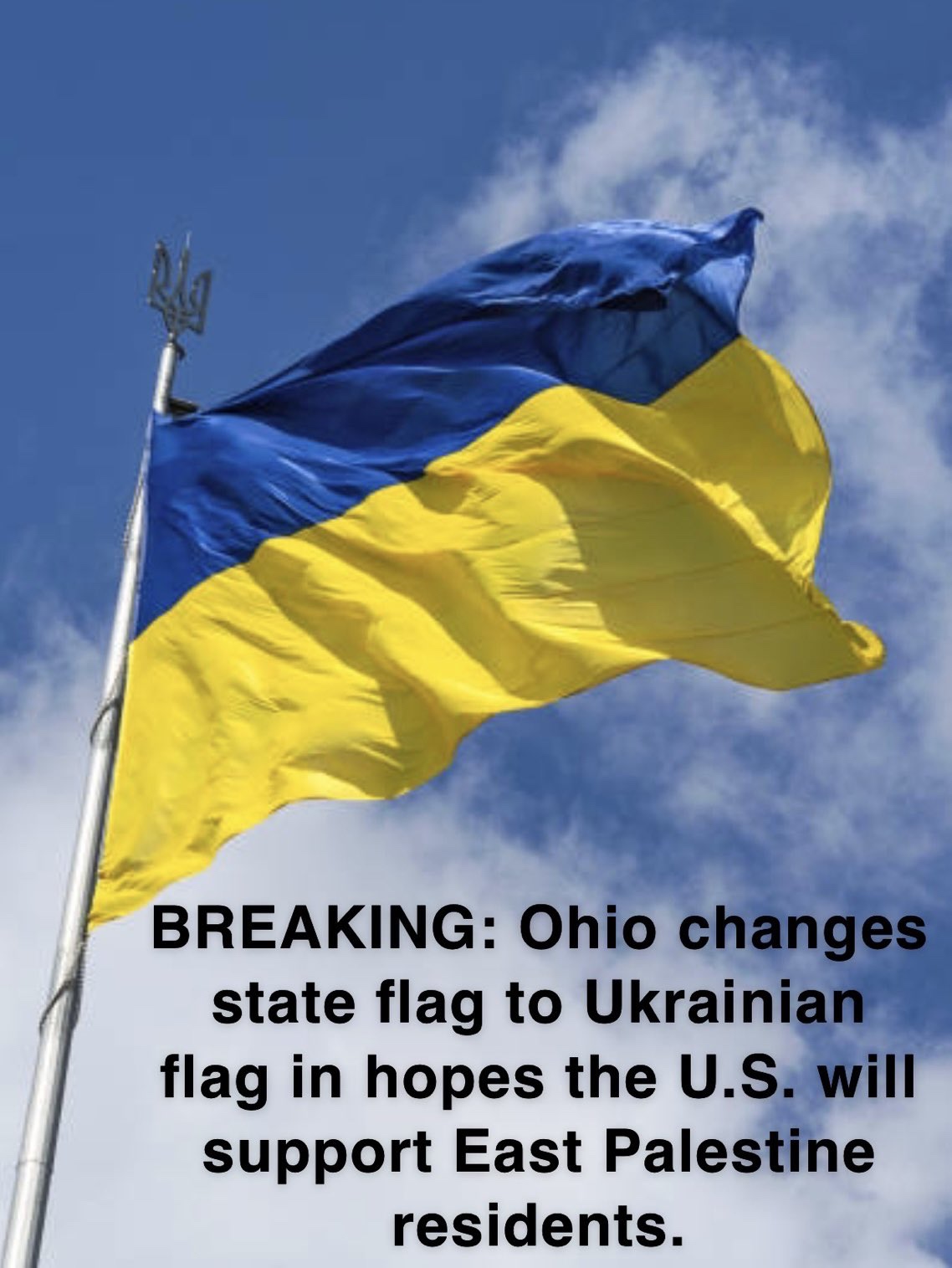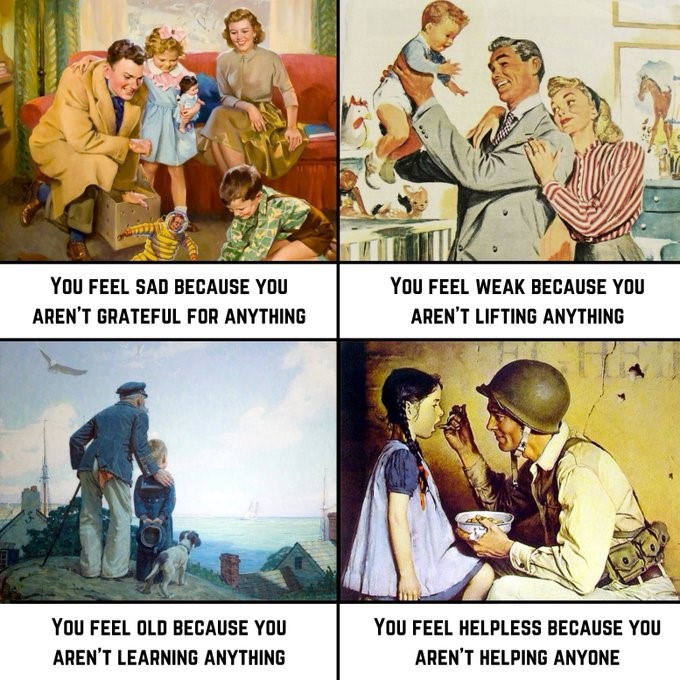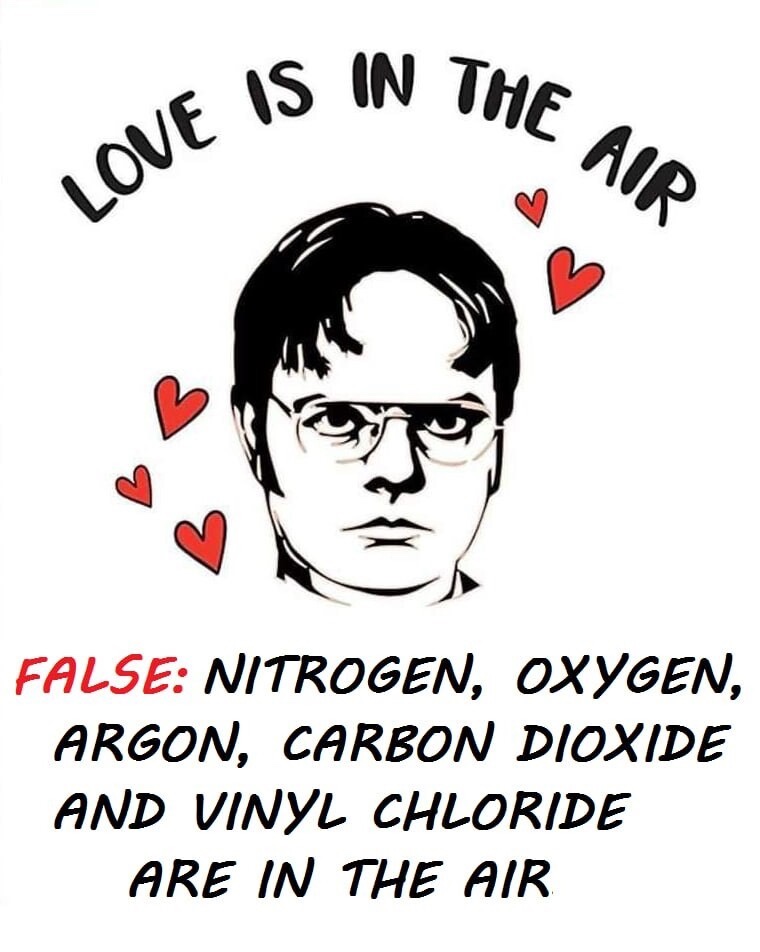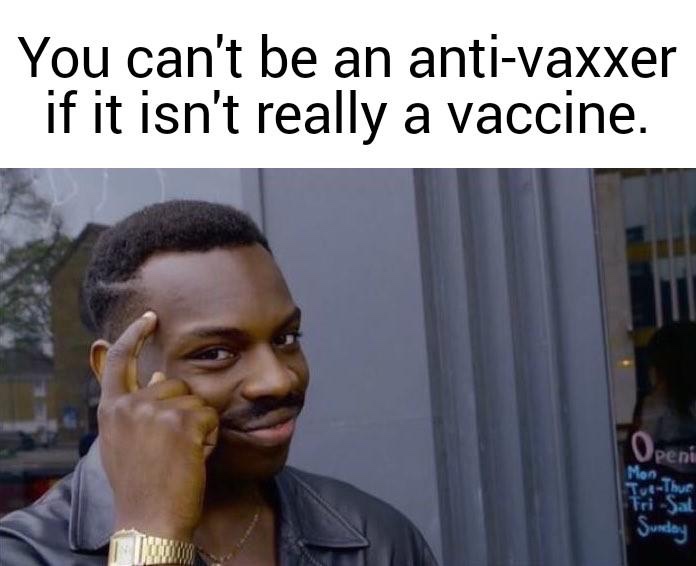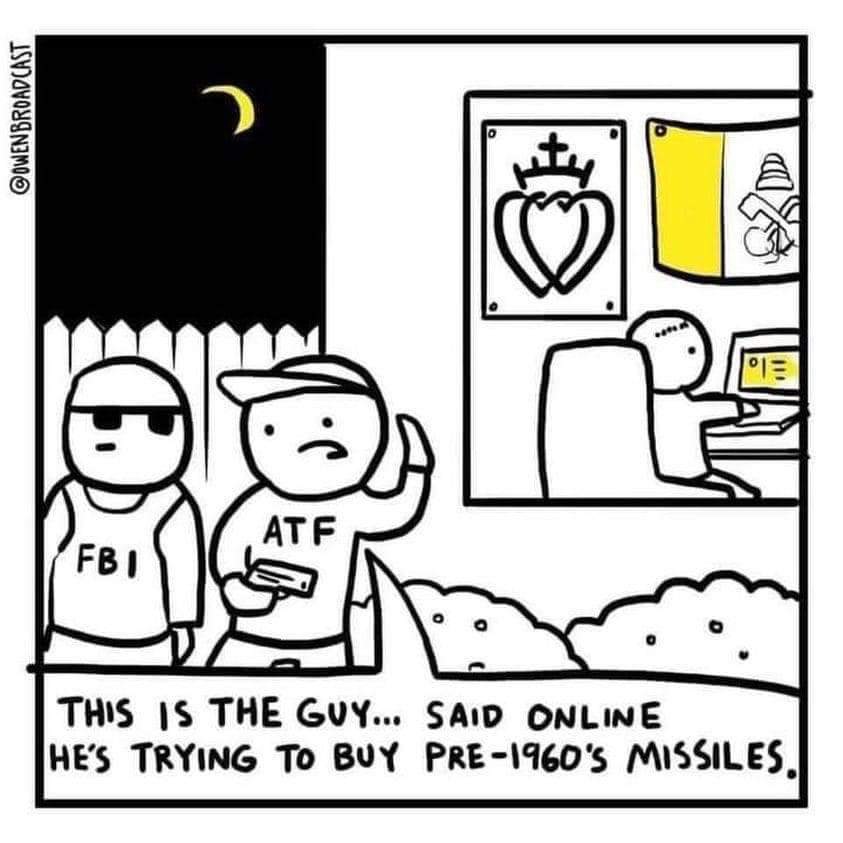We should be ashamed.
But we’re not. And that is the problem, because without shame there is no hope, and believe me, I fully appreciate the enormity of the phrase “no hope”.
Shame is a gift from God to fallen man, and nothing less. Shame is a grace that God desperately wants to shower us with in light of our concupiscent nature and sinfulness. Do you remember that SHAME, or “sorrow for sin”, is the fruit, yes FRUIT, of the First Sorrowful Mystery of the Rosary, Christ’s Agony in the Garden? We are to beg God every day in our prayers to increase the shame we feel for our own sins, and also for the sins of the world. We are to meditate on what our sins and the sins of others do to God, trying as best we can to grasp in even the most tenuous way how even the smallest sin is an offense of INFINITE proportion to God, and in doing so to be ever-more filled with God’s grace so that we sin less and less.
Now let’s think about the contemporary world, both secular and within the Church among the Freemasonic-modernist-communist-sodomite infiltrators. Shame is viewed not as the gift from God that it is, but as a scandal to be eliminated, a character fault to be purged, and a “hate crime” when recommended to others.
“Um, you should be ashamed of yourself.”
“Shut up! Who are you to judge?”
Psychopathy and Sociopathy (the severest categories of Diabolical Narcissism), which are the absence or near-absence of shame or guilt in the human person, a massively blunted or completely absent conscience, terms which I will continue to utilize, promote and scream from the rooftops without apology, are encouraged today under the banner of “self-esteem”, “freedom”, and even more obviously, “pride”.
Here’s the problem. Christ’s Mercy, which is INFINITE, can only apply if the person is SORRY for their sins. We have to be sorry. If we aren’t sorry, if we do not believe that our sins are sins, or if we believe that our sins DON’T MATTER because we have a “legal right” to be forgiven and we gone through the motions and mindlessly bleated out the right words with no actual contrition or shame behind them, or if we simply don’t care, then Christ, who can work with infinitesimally little, at that point has NOTHING to work with. When we give Him NOTHING to work with, we go to hell. And while we can never know if any specific person is in hell because we can never know if at the very last instant they gave Our Lord “something to work with”, what we can know for an absolute certainty is that people have, do and will go to hell. Lots of them. Our Lord and His Saints have made this crystal, crystal clear. In fact, when taking Our Lord’s and the Saints’ warnings together as a whole, the prudent man can operate under no other assumption than that it is far, far easier to achieve hell than the Beatific Vision.
I will now address this question from three vantages: the atheistic, the Catholic, and the Protestant. First the atheistic tack, but it applies to everyone. Let’s talk about the Natural Law. Every single human being is given by God an innate understanding of the difference between good and evil, including the psychopaths. Everyone knows, deep down, that walking up to a stranger on the street and gouging his eyeballs out is EVIL. Everyone knows, deep down, that stealing someone else’s property is EVIL. Now stay with me, modern western man: Everyone knows deep down that tearing a baby limb from limb is EVIL. We have to be massively conditioned to think otherwise. Don’t believe me? Have you ever known a family wherein the Mommy was pregnant and there was an older sibling – even only two or three years old, old enough to understand that there was “a baby in Mommy’s tummy” and the following proposition:
Do you remember that I told you that there is a new baby in Mommy’s tummy?
-Yes.
I am going to go kill the baby. I am going to rip its head off, pull it out of my tummy and throw it in the trashcan. Okay?
If the child genuinely comprehends those words: baby, kill, rip, throw away, trashcan; then the child WILL object. Even if the child does not comprehend death, it will comprehend “throw away in the trashcan”. If there is no Natural Law, if there is no baseline infusion of objective moral norms, how could a three year old possibly know that killing a baby is wrong and terrible?
Let’s look at another example, modern western man. Adultery. I know that I have many atheist readers that I have attracted over the years mainly from my financial/economics posts. I am willing to bet that the majority of my atheist readers would happily concede that a married man should not cheat on his wife. I would further guess that the majority of such men have never cheated on their wives. I would further guess that those who have cheated on their wives (working the averages, here) felt some sort of shame or guilt at some point afterwards – and not mere regret because it cost them half of their estate and pre-tax income for life, but actual shame – even if they got away with it and the wife never found out. What is that about? That is the Natural Law. The Natural Law is why most people don’t steal. The Natural Law is why, up until recently, most people have not cheated or gamed the system to survive, but instead worked and lived lives of general integrity, including many pagans. The Natural Law is why we all still to this day look down upon those cultures that are largely built on grift, theft and thuggery, specifically the “gypsy con-artist and pickpocket” culture, the rap/hip-hop culture, and the musloid culture. It requires massive conditioning and inculcation to blunt and eventually eliminate altogether shame and the pangs of conscience that spring innately from the Natural Law. The easiest way to do it is to start as early in childhood as possible.
It is simply dishonest to say that the atheist is not capable of and does not feel sorrow for sin. Most do. The atheist’s problem is that he does not acknowledge WHOM his sorrow is directed towards. He thinks that it is towards himself, or other people alone, or towards “the universe”. It is neither. His sorrow, even if he swears up and down to the contrary, is first towards God, because God, being Perfect Good Itself is the Standard by which good and evil are defined, and it is God who gave the atheist his conscience and his knowledge of the Natural Law. It is for this reason that I make the following statement: I’d rather find myself stuck in a foxhole with an atheist with a conscience than a baptized, confirmed and Mass-going Catholic who feels no shame – in other words, is a Diabolical Narcissist sociopath or psychopath.
Which brings us to the Catholic perspective. I want to address this from what I feel is probably the most relevant and valid critique of Catholics (not Catholicism, but Catholic people) by Protestants today. Protestants say that Catholics lack a “personal relationship with Jesus Christ” and that they sin shamelessly, and then go “babble a few prayers in the confessional” and smugly call it all good.
Yeah. I’ve got to agree with that. WHOLE. HEARTEDLY. In fact, it is precisely this that kept me out of the Church and hesitating for years. I personify this exact critique in the Kennedy Family. Now, Teddy may have repented and felt genuine contrition for the all of the rapes and sexual assaults he committed, the satanic political agenda he executed, and the murder of Mary Jo Kopechne, among all of his other sins. We can’t know. But we do have a fairly good indication that that psychopathic servant of satan was NOT sorry for most of his life. He JOKED OPENLY about Chappaquiddick for the rest of his life. Now if I had to lay money, I would guess that he probably at some point went to confession and made some mention of murdering Mary Jo Kopechne, but all appearances would indicate that if he did confess murdering her, that he did it NOT because he was sorry (because nobody laughed harder or knew more Chappaquiddick jokes than ol’ Teddy the Swimmer – utterly, terrifyingly shameless), but because he felt that the Sacrament of Confession would provide iron-clad LEGAL protection, and I don’t mean “legal” in the earthly sense. I mean “legal” vis-a-vis God. “If I go through these physical motions then God is LEGALLY OBLIGED to forgive me.” Um, no. God cannot forgive you and offer His Infinite Mercy if you are not SORRY.
This is why there is such a supernatural gift among saintly priests throughout history as the ability to “read souls” in the confessional. The most famous and most recent of these is St. Padre Pio. People FLOCKED to him for confession because you couldn’t lie to him, or confess sins that you weren’t sorry for. If you dared kneel in his confessional without genuine contrition for your sins he would throw you out on your ear. And the same if you lied to him. He knew. By the grace of the Holy Spirit, he knew.
And this is where the accusation of Catholics not having a “personal relationship with Jesus Christ” is actually accurate – in the way that a stopped clock is right twice per day. Yes, for many Catholics today it is all a legal system to be gamed. Sin, make a purely legalistic confession (if that), have zero genuine sorrow and zero intention to stop the sinful behavior, lather, rinse, repeat. In excess of 95% of western Catholics today of breeding age contracept. Of those, a relatively small percentage do confess this sin regularly, but are not sorry and have zero intention at any point of ceasing to contracept. Is such a confession valid? No it is not. Surprisingly, it is not the absence of the feeling of sorrow, but the absence of the decision or will to avoid the sin in the future that is the invalidator. Now this is nuanced, so stick with me here because it is EXTREMELY important. It is not that the sinner might fall into the same sin again, that is not the standard, because as we all know, we all keep falling. The invalidator is confessing a sin that you have NO INTENTION OF EVEN ATTEMPTING TO STOP. So, the Catholics who confess contracepting just to, for lack of a better term, “cover their butts” in a legalistic sense, with no intention of stopping, invalidate their confession. As does the (rare) sodomite today who confesses sodomy (I’ll spare using the previous term here because the pun would be too much for even me to bear) in a purely legalistic mindset, but who have zero intention of living a chaste life or even to renounce the habit of assenting to same-sex attractive thoughts. And even if one’s conscience has been malformed by bad clergy, we must never forget that the Natural Law never, ever goes away. That money doesn’t belong to you, so you can’t have it. Don’t murder chicks you pick up in bars, or babies. Don’t have sex with other people’s spouses. And about your thingamajig? Yeah. IT DOESN’T GO THERE.
So… what is missing here? What is God’s gift to us that corrects this problem? You guessed it! SHAME. But why? Why should we feel shame at breaking a set of rules? Because the “set of rules” is a PERSON. More precisely, the set of rules is derivative of a Person. And that Person is God, who is perfect Good, perfect Justice and infinite Love, and thus is infinitely offended by our sins, and despite this, so loved the world that He Incarnated, suffered (infinitely) and died, because nothing short of God sacrificing Himself, and suffering infinitely in the process, could ever come even remotely close to redeeming humanity. There is NOTHING that any human being could do that could ever even begin to make up for even the slightest, tiniest sin.
Western Catholics, especially since The Asteroid (™) hit in the mid-1960s, have been steadily drained of an appreciation of the Sacrifice of Jesus Christ on Calvary, and have been indoctrinated with Protestant-atheist ideas that A.) their sins aren’t really sins at all and thus they should NOT feel shame or guilt for them and B.) even if they do sin, God’s mercy is a given, a blanket that covers everything (ahem), so don’t even sweat it. Or C.) declare according to the base premise of Freemasonry and its parent, satanism, that the individual’s conscience is the arbiter of objective truth and morality. Shame is a an antiquated, peasant concept far beneath the modern, everlasting man, who needs only to unshackle himself from “the old paradigm” and simply acknowledge his own divinity….
The modern world and the scourges upon and infiltrators of the Church constantly do the following:
CONFLATE MERCY WITH PERMISSIVENESS
(Michael Sam is an unrepentant sodomite? GOOD FOR HIM! -Cardinal Timothy Dolan)
and, they
CONFLATE CHARITY WITH INDIFFERENCE.
(Stop obsessing! Who am I to judge? – Antipope Bergoglio)
If we truly have a “personal relationship with Jesus Christ” as the Protestants are ironically fond of saying, we think about how our sins offend Him PERSONALLY, and how our sins are what scourged Him, mocked Him and crucified Him during the infinite agony of His Passion. The Divine Law, both Natural and codified within the Church, which is derivative of Him because He is perfect Good, perfect Love and perfect Justice, is what tells us the difference between right and wrong. In other words, HERE CONCUPISCENT DUMMIES. I’VE WRITTEN IT ALL DOWN FOR YOU, BECAUSE I LOVE YOU. AND ALSO THE SERPENT IS SUBTLE, AND SIN MAKES YOU DUMB.
We know sodomy is wrong and utterly shameful because it is repellant to the depths of our being, and it requires a massive effort to become desensitized to its repugnant foulness and the shame that it naturally, by the grace of God, elicits. (Cough, media and education system, cough.) And, He wrote it down for us too! We know that adultery, masturbation, theft, lying and a host of other common sins are wicked and shameful both via the Natural Law and because… HE WROTE THEM DOWN FOR US, but to continue doing doing these things because, “Meh, I’ll just go to confession every so often and I’ll be covered” with NO SHAME, no sorrow for having offended God, and most critically, no intention whatsoever of stopping, but only of continuing to legalistically “game the system” – in other words, scourging, spitting upon and crucifying The One Who Loves You Infinitely so that you can continue to have WHAT YOU WANT, that is what is referred to as the Unforgivable Sin: presuming upon God’s mercy. Think about it. You know what you are doing is wrong. You know Christ and that He died for your sins. And knowing these things you callously and with full, conscious premeditation decide to SIN ANYWAY because Christ’s Passion and Death on Calvary, His Agony and Blood, LEGALLY OBLIGES HIM TO FORGIVE YOU.
That’s just about as bad as it gets. It is a truly psychopathic lifestyle – diabolical even. Shamelessness and utter indifference to Him.
Which leads us to the Protestant portion and conclusion. I had an acquaintance when I was in college – a seeker who jumped from denomination to denomination with no disqualifications save one: The Roman Catholic Church. Years later he had an infant grandchild to whom he started writing letters – a very cool idea indeed. However, I had to ask him to stop including me in the email list of folks he sent these letters to after the letter in which he told his grandson to NOT worry at all about sin and just to live his life however he wanted because … you probably know where this is going … the Blood of Jesus covered all of his sins and thus his sins were IRRELEVANT so long as he “accepted Jesus Christ as his personal Lord and Savior”. In other words, this well-intentioned but desperately, woefully, terrifyingly heretical man advised his grandson to live his life without shame for his sins, and thus committing the Unforgivable Sin, presuming upon God’s Mercy… AS PROOF OF HIS FAITH. This is stone-cold Luther, who said “Be a sinner and sin boldly, but believe and rejoice in Christ even more boldly.” This is why I call Luther a psychopath, and why that incident still makes me shudder to this day. I hope it always does.
I pray every day that God give me the grace to feel ever more shame, guilt and sorrow for my sins, and also for the sins of others as well. I want to take up others’ slack, if that is even possible given the burden of my own sins. I also fear greatly the sins that I commit and have committed that I don’t realize or currently comprehend are sins. Remember, we are not the arbiters of truth or the determiners of what does or does not constitute sin. We do not decide FOR OURSELVES what is and is not sin, no matter how many clergy tell you this truly pernicious lie. There are millions if not billions of people on this planet who truly do not believe that their sins are sins. This does not change the objective, external reality of their sins, nor does it in any way reduce the offense caused to God, or the suffering that He endured because of them. Remember those heartbreaking words of Our Sweet Lord, “Father forgive them, for they know not what they do.” I want – DESPERATELY – to know all of my sins so that I can be ashamed and confess them, and also so that I don’t do them again, because every one of my sins tortured, mocked and crucified Christ, and I AM NOT OKAY WITH THAT.
The world is going to hell IN A HANDBASKET because shame is considered a psychological defect to be overcome, and a hate crime when recommended to others.
Well, that’s 3000 words. There is more to say on this topic, but I think that is enough for today. I hope this helps you as we embark on Lententide.
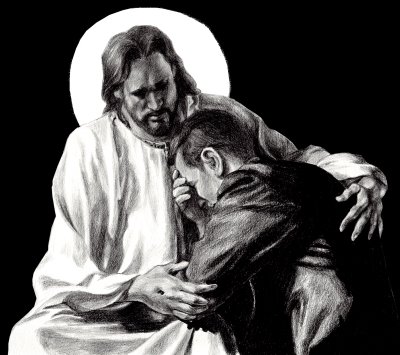
He can only forgive you if you are sorry, which means that you have a firm resolution and intention to stop.



